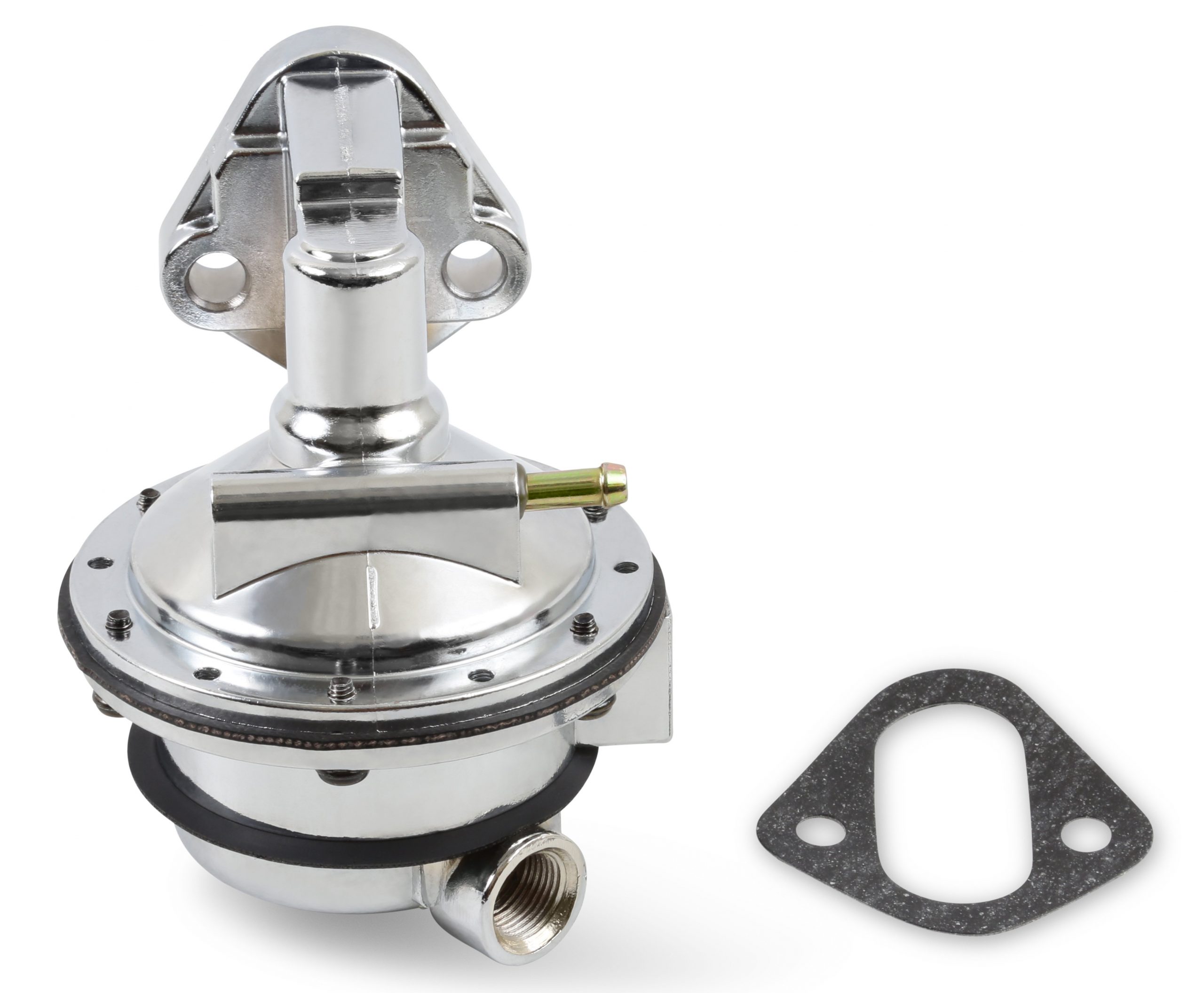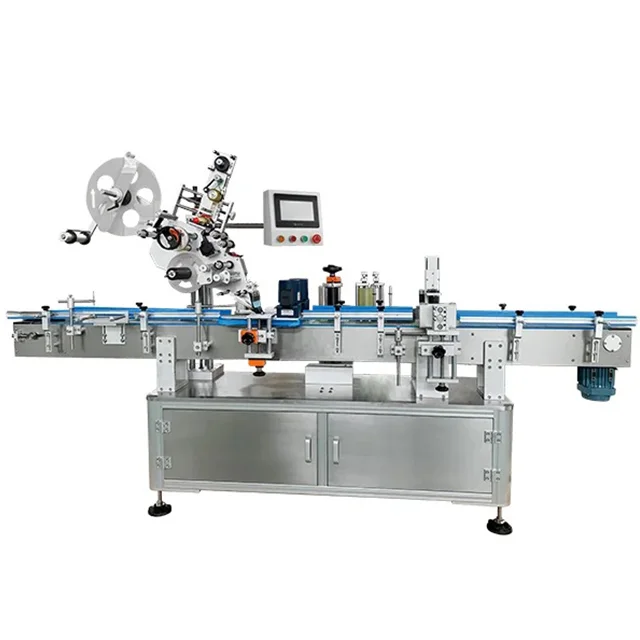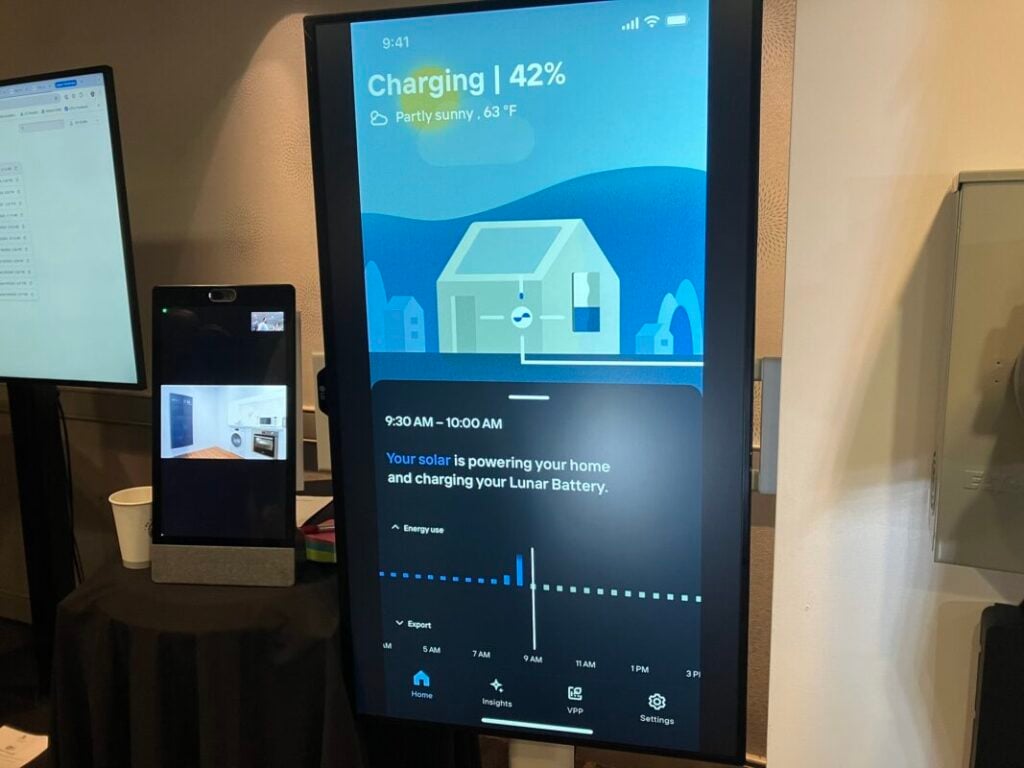
The fuel pump is an essential component of any vehicle's fuel system, responsible for delivering the required amount of fuel to the engine. However, have you ever wondered why your fuel pump gets so hot? In this article, we will explore the various factors that contribute to the overheating of fuel pumps and provide practical solutions to address this issue.
- Increased Electrical Resistance:
One of the primary reasons for a hot fuel pump is increased electrical resistance within the system. This resistance can occur due to corroded or loose electrical connections, faulty wiring, or a worn-out fuel pump relay. When the electrical resistance rises, it leads to excessive heat generation, causing the fuel pump to overheat. - Insufficient Fuel Flow:
Another factor that can contribute to the overheating of the fuel pump is insufficient fuel flow. When the fuel filter becomes clogged or the fuel lines are obstructed, the pump has to work harder to deliver the required amount of fuel. This increased workload generates excess heat, leading to the overheating of the pump. - Excessive Fuel Vaporization:
Fuel vaporization occurs when the fuel pump is exposed to high temperatures, such as those found in the engine compartment. This phenomenon is more common in vehicles with in-tank fuel pumps. When the fuel vaporizes, it creates air bubbles within the pump, reducing its efficiency and causing it to overheat. - Inadequate Cooling:
Proper cooling is crucial for the optimal functioning of the fuel pump. However, if the vehicle's cooling system is compromised or the fuel pump is not adequately cooled, it can result in overheating. Factors such as a malfunctioning radiator fan, a blocked air intake, or a faulty temperature sensor can all contribute to inadequate cooling of the fuel pump.
Solutions:
Now that we understand the reasons behind the overheating of fuel pumps, let's explore some practical solutions to address this issue:
- Regular Maintenance:
Performing regular maintenance, including checking and cleaning electrical connections, replacing worn-out components, and ensuring proper fuel system cleanliness, can help prevent overheating issues. - Upgrading the Fuel Pump:
Consider upgrading to a higher-capacity fuel pump that can handle increased fuel flow and reduce the chances of overheating. Consult with a professional mechanic or refer to your vehicle's specifications for the appropriate upgrade options. - Improving Cooling Mechanisms:
Enhance the cooling mechanisms for your fuel pump by ensuring proper airflow in the engine compartment, repairing or replacing faulty cooling system components, and considering the installation of additional cooling devices, such as heat shields or insulating materials.
Conclusion:
The overheating of fuel pumps can be a frustrating and potentially damaging issue for vehicle owners. By understanding the underlying causes and implementing the suggested solutions, you can effectively address this problem. Remember to prioritize regular maintenance, consider upgrading your fuel pump if necessary, and optimize the cooling mechanisms to keep your fuel pump running smoothly and efficiently.



